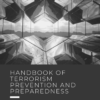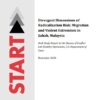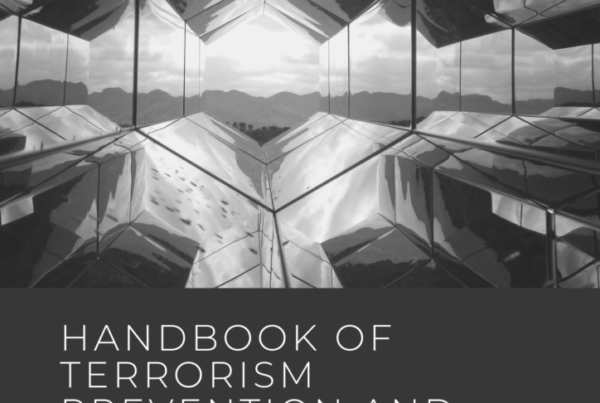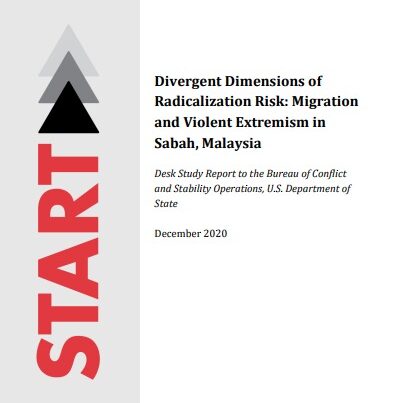Unravelling the Hijab: Understanding Women’s Agency in (Counter) Violent Extremism in Post-Conflict Poso
Moh Zaki Arrobi and M Najib Azca
ABSTRACT
The article aims to unravel the agency of women in (counter) violent extremism efforts in post-conflict Poso. It attempts to identify and understand the various roles played out by women in the violent extremist groups in post-conflict Poso. It will also look at multiple factors that drive or prevent women from violent extremism. Contrary to the dominant discourse that locates women as merely the victim of violent extremist groups and ideology, this study attempts to look at women’s agency both in violent extremism actions and in counter violent extremism efforts. Recent studies by Nuraniyah (2018) and IPAC (2017) reveal that the role of women in violent extremist groups is not exclusively on the ‘conventional roles’ such as reproductive and nurturing roles, but also it has extended into more active roles such as logistical arranger, narrative maker, financer, campaigner, courier, even become suicide bomber. Based on fieldwork research, the article argues that women involved in violent extremism groups in Poso can be distinguished into four different roles, namely active supporter, active preventer, passive supporter, and passive preventer. Each category has a different degree of agency both in supporting and preventing violent extremism at the family, community, and society levels. Through the life story narratives collected during the fieldwork, it identified three key drivers of women’s support and prevention for violent extremism, namely push factors, pull factors, and gender relations. In addition to that, post-conflict legacies such as social distrust, grudge, resentment, and violent ideology reproduction remained served as the enabling environment for women’s engagement with violent extremism groups in Poso.
>>>Should readers inquire about the full article, please contact us at [email protected] OR email directly to the author.






 Users Today : 8
Users Today : 8 Total views : 6974
Total views : 6974






Recent Comments